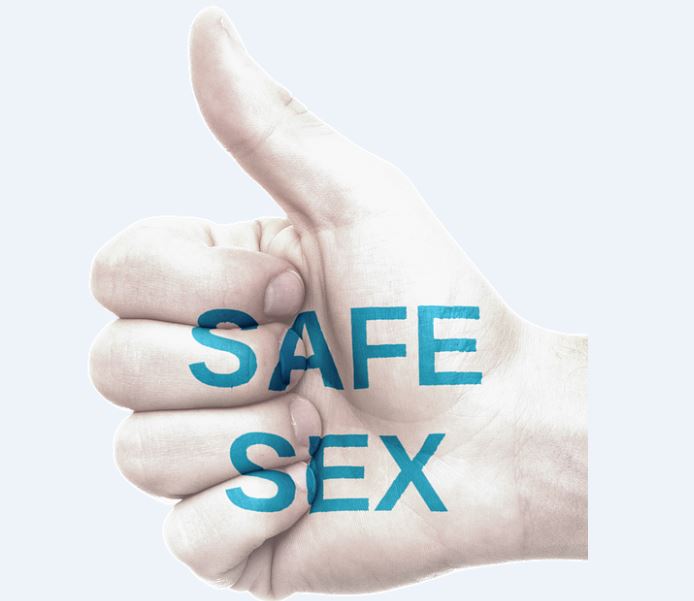The link between the increase in the number of sexual partners and the risk of cancer for men and women was established by a study carried out in England with almost 6,000 people. A connection that is probably due to sexually transmitted diseases and in particular the papilloma virus.

“This is only a statistical study, and we cannot establish a strict cause-and-effect relationship. Canadian, Austrian, Italian, British and Turkish researchers, who have just examined data from a cohort of almost 6,000 men and women over the age of 50 living in England, want to calm down. However, their work, published in the BMJ magazine Sexual & Reproductive Health, shows that the risk of developing cancer increases with the number of sexual partners.
The cancer risk is 57% higher in men who stated that they had between 2 and 4 sexual partners (for life) than in men who had no or only one partner, a figure that rises to 69% in men who stated 10 or more partners. In women, the risk of cancer increased by 91% for those who had 10 or more partners.
It is for this reason that it is always important to get tested for STIs as early treatment is key to preventing any long term health consequences. STDs testing is now made easy by companies such as STDCheck which can get you tested in confidence. For more on getting tested visit https://www.gilmorehealth.com/stdcheck-an-sti-testing-service-used-by-those-seeking-confidentiality/ !
The human papilloma virus (HPV) is the cause of cancer.
According to the researchers, these results would be comparable to other studies that linked cancer risk to hepatitis. In the papers recently published in the BMKL, this time sexually transmitted diseases are highlighted as the factor that can explain this increased risk of cancer based on the number of sexual partners.
Human papilloma virus (HPV) in particular is known to be a risk factor for certain types of cancer: cervix, anal, penis, vagina, head and neck. Recent estimates put the responsibility for HPV in these different types of cancer at 5%.
In the US, HPV vaccination with Gardasil is recommended for all adolescents, girls and boys, between the ages of 11 and 14, with possible recovery for young women between the ages of 15 and 19. Only 24% of 16-year-old children are vaccinated, which is considered “very insufficient”. According to an American study conducted between 2006 and 2015 among young women vaccinated against papillomavirus, the incidence of pre-cancerous lesions within 5 years was only half that of young women who had not been vaccinated.



